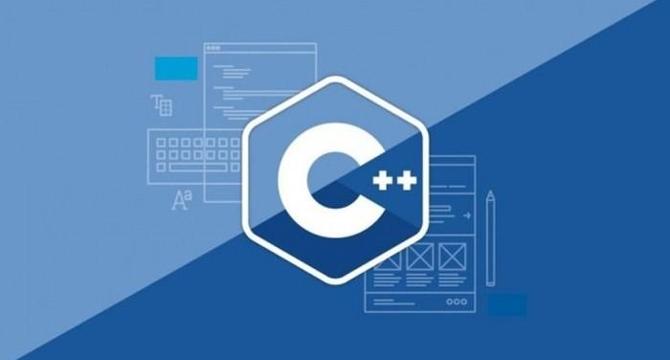Codecondo
1w
305

Image Credit: Codecondo
C++ Memory Management: Mastering new, delete, and Smart Pointers
- Memory management in C++ is crucial for writing efficient code, with direct control over allocation and deallocation.
- C++ uses stack for local variables and heap for dynamic memory allocation, but heap memory requires manual management.
- Traditional new and delete operators are used for memory management, but they pose risks like memory leaks and dangling pointers.
- Smart pointers in C++11 offer a safer alternative, automating memory management through RAII.
- Three main smart pointers in C++ are std::unique_ptr, std::shared_ptr, and std::weak_ptr, each serving different ownership purposes.
- Best practices include preferring smart pointers, minimizing raw pointers, using RAII, and choosing the right smart pointer for the scenario.
- Avoiding mixing raw pointers with smart pointers is recommended to prevent confusion and ensure proper memory management.
- Comparison between raw pointers and smart pointers demonstrates the safety and convenience of smart pointers in managing memory.
- Mastering C++ memory management with smart pointers enhances code safety and maintainability, aligning with modern programming practices.
- Incorporating smart pointers into C++ projects can significantly improve memory management and reduce risks associated with manual allocation and deallocation.
Read Full Article
18 Likes
For uninterrupted reading, download the app